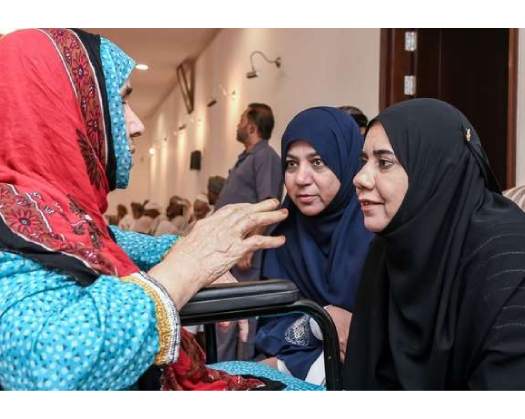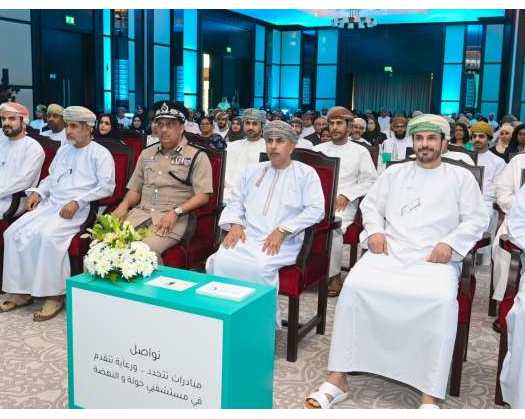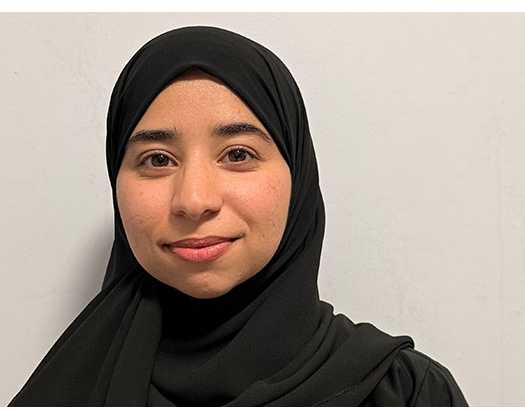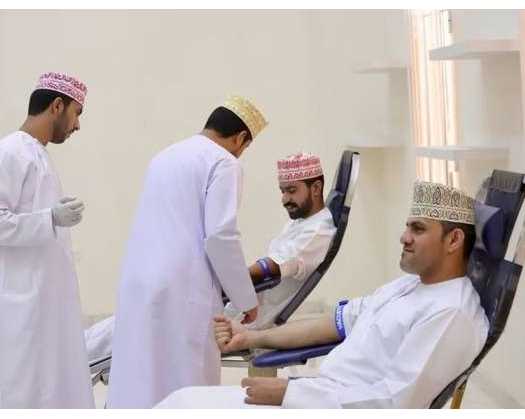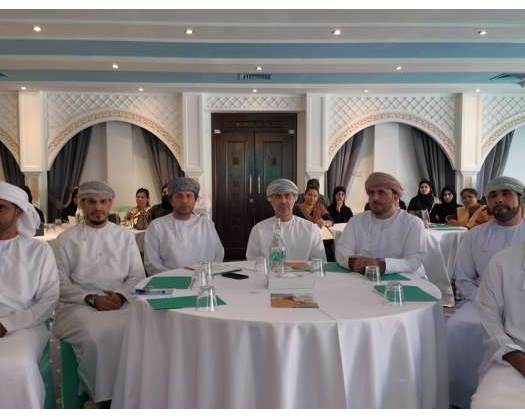The Ministry of Social Development has taken a significant step towards improving the well-being and dignity of elderly citizens in Oman by introducing a new ministerial decision. This decision aims to ensure that elderly individuals are provided with the care and respect they deserve within a supportive family environment.
The newly implemented ‘Regulations for the Care of the Elderly in Alternative Families’ set out detailed guidelines and criteria for the care of elderly individuals by alternative families. These regulations define an ‘elderly’ person as someone aged 60 or above, and an ‘alternative family’ as a family that voluntarily takes on the responsibility of caring for an elderly person who cannot receive adequate care from their own family.
As per the decision, the elderly person must be of Omani nationality and must either lack family support or have a family that is unable to provide proper care. A thorough social investigation is conducted by the relevant department to determine this. Additionally, the elderly individual must be free from infectious diseases, as certified by a medical institution.
The regulations stipulate that at least one member of the alternative family must be an Omani national. The family must demonstrate social stability and the ability to meet the elderly person’s needs, based on an assessment by the relevant department. Furthermore, all family members must be free from infectious diseases and behavioral disorders, and the family must have a stable income sufficient to support its needs.
The home should be appropriate for senior care, with the possibility of making allowances for those who meet specific criteria. The department responsible will assess care requests and issue decisions within 30 days of receiving all required documentation. If a request is denied, applicants have 60 days to appeal the decision.
The substitute family must ensure a secure and steady environment, prevent any mistreatment or negligence of the elderly individual, and meet all fundamental needs such as food, clothing, and medical care.

